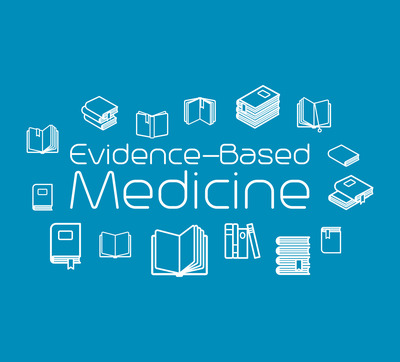 We have been contributing to multivariate meta-analysis, meta-analysis of diagnostic tests, and network meta-analysis. For multivariate meta-analysis, we have developed a unified framework of methods to address correlated continuous or binary outcomes, model robustness, computational difficulties, and missing within-study correlations (Chen et al., 2013, 2014, 2015, 2016, Statistics in Medicine). In addition, we have extended this framework to meta-analysis of diagnostic tests to compare multiple diagnosis options, and have applied these methods to the surveillance of melanoma patients (Chen et al., 2014, Statistical Methods in Medical Research, Chen et al., 2015, JRSS-C; Chen et al., 2017, Statistics in Medicine). We have also proposed a unification of models for meta-analysis of diagnostic accuracy studies when the reference test is not a gold standard (Liu et al., 2015, Biometrics). For network meta-analysis, we have developed a framework of evidence synthesis methods that simultaneously compare multiple diagnostic options or treatment options (Ma et al., 2017, Biostatistics; Liu et al., 2017, JRSS-C). To address the problem of publication bias, we have developed an innovative EM algorithm to correct for biases caused by selective publication process (Ning et al, 2017, Biostatistics), and extended this work to diagnostic tests accuracy studies (Piao et al., 2017, SMMR, under revision).
We have been contributing to multivariate meta-analysis, meta-analysis of diagnostic tests, and network meta-analysis. For multivariate meta-analysis, we have developed a unified framework of methods to address correlated continuous or binary outcomes, model robustness, computational difficulties, and missing within-study correlations (Chen et al., 2013, 2014, 2015, 2016, Statistics in Medicine). In addition, we have extended this framework to meta-analysis of diagnostic tests to compare multiple diagnosis options, and have applied these methods to the surveillance of melanoma patients (Chen et al., 2014, Statistical Methods in Medical Research, Chen et al., 2015, JRSS-C; Chen et al., 2017, Statistics in Medicine). We have also proposed a unification of models for meta-analysis of diagnostic accuracy studies when the reference test is not a gold standard (Liu et al., 2015, Biometrics). For network meta-analysis, we have developed a framework of evidence synthesis methods that simultaneously compare multiple diagnostic options or treatment options (Ma et al., 2017, Biostatistics; Liu et al., 2017, JRSS-C). To address the problem of publication bias, we have developed an innovative EM algorithm to correct for biases caused by selective publication process (Ning et al, 2017, Biostatistics), and extended this work to diagnostic tests accuracy studies (Piao et al., 2017, SMMR, under revision).
To better serve clinical investigators, we have developed two R packages “mmeta” (developed in 2014) and “xmeta” (developed in 2016). In particular, our “xmeta” project is serving as a web platform for disseminate our methods and facilitate collaborations within and beyond Penn School of Medicine; see the figure below.
We have published several systematic reviews including on dermatology and on microbiology (Chahoud et al., 2016, JAMA and Agarwal et al., 2017, Clinical Microbiology and Infection). We are currently collaborating with Penn Center of Evidence-based Practice (lead by Dr. Craig Umscheid) and Penn School of Medicine, including a meta-analysis of heart failure outcomes with telemedicine/telephone support (Kimmel et al., 2018, JAMA, under review), a meta-analysis of the association between the nurse work environment and nurse job outcomes (Lake et al., 2018, Medical Care; under review), a meta-analysis of the association between gut microbiome dysbiosis and disease activity (Najem et al., 2018, under review), among others.
This line of research is supported by the R03 from AHRQ (2014-2016), R21 (2015-2017) and R01 (2017-2021) from NLM
